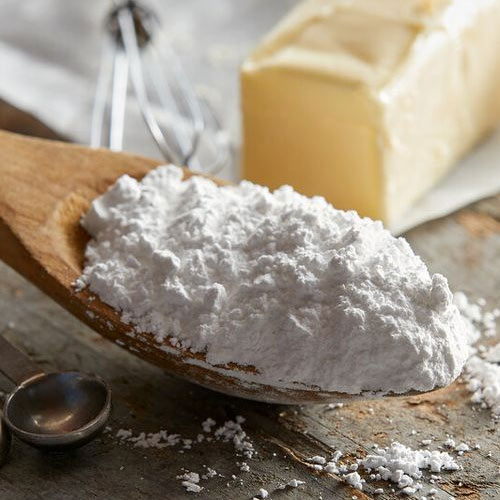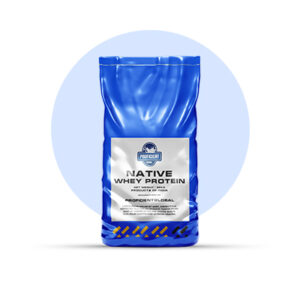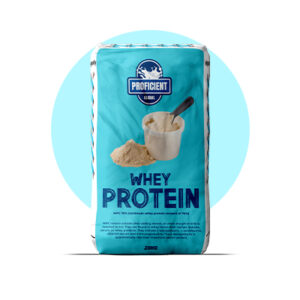Sodium and calcium caseinates are protein derivatives of milk. They’re commonly used in the food industry as additives and thickeners. Sodium caseinate is water-soluble and often used in coffee whiteners and other powdered drink mixes. Calcium caseinate, on the other hand, is less soluble but has better heat stability, making it suitable for applications like processed cheese. They both come from casein, the main protein in milk, and can be handy in various food formulations.
1. Introduction:
- Sodium and calcium caseinates are proteins obtained from milk through a process of acid precipitation. These proteins are essential components of dairy products and have gained popularity in various industrial applications.
2. Composition:
- These caseinates are primarily composed of amino acids, making them a rich source of protein. The sodium and calcium ions associated with the proteins contribute to their distinct properties.
3. Solubility:
- Sodium caseinate is water-soluble, forming stable solutions, while calcium caseinate tends to be less soluble. This solubility difference opens up a range of applications in food and beverage formulations.
4. Functionality:
- Sodium and calcium caseinates serve as effective emulsifiers and stabilizers. They are often used in the food industry to enhance texture, improve mouthfeel, and extend shelf life in products like processed cheese, coffee creamers, and whipped toppings.
5. Nutritional Benefits:
- These proteins are highly nutritious, providing essential amino acids that support muscle growth and overall health. They are a valuable protein source for individuals looking to increase their protein intake.
6. Sports Nutrition:
- Sodium and calcium caseinates are popular in sports nutrition supplements due to their slow-digesting nature. This property helps in sustained protein release, making them ideal for prolonged muscle recovery and maintenance.
7. Pharmaceutical Applications:
- Calcium caseinate is utilized in pharmaceuticals for its binding properties in tablet formulations. Its ability to form a cohesive mass makes it a valuable ingredient in certain medications.
8. Bakery and Confectionery:
- In the baking industry, these caseinates play a role in enhancing the texture of bread and cakes. They contribute to the softness and moisture retention in baked goods.
9. Dairy Industry:
- Sodium and calcium caseinates find applications in the production of dairy products such as yogurts and ice creams, where they act as stabilizers, preventing the separation of water and fats.
10. Vegan Alternatives:
- With the growing demand for plant-based alternatives, researchers are exploring plant-derived proteins that mimic the functionalities of caseinates. These alternatives aim to provide similar benefits without relying on animal-derived sources.






